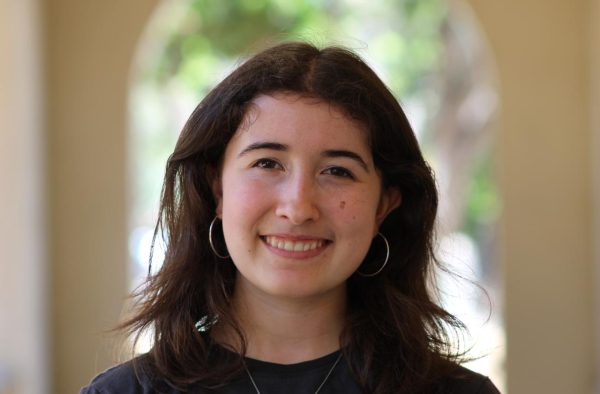Former students will have to begin paying off their college loans this month, after a three-year deferral on loan repayments due to COVID-19.
According to Federal Student Aid, interest on these loans began in September and monthly payments resumed this month after Congress recently passed a law preventing further extensions of payment pause.
In an interview with National Public Radio, former Baylor student Sophie Hernandez-Simeonidis said she feels overburdened with her high student loans.
“A lot of my income now goes towards student loans, like hundreds of dollars,” Hernandez-Simeonidis told NPR. “So thinking about how that would potentially double is really overwhelming for me.”
Loan repayments not only affect individual students, but also have an impact on the economy as people burdened with student loans will have less disposable money to engage in their local economy.
According to federal data from 2019 to 2023, “Every 1% increase in debt translates to a 3.7% decline in consumption.”
In response to student concerns, President Joe Biden created the Saving on a Valuable Education Plan to aid millions of students who cannot meet these financial requirements.
This plan adjusts payments to students’ current income over a fixed time frame, after which their remaining loans are forgiven.
Economics teacher Eric Bloom said the SAVE plan creates a more equitable playing field that allows students to pay off their loans without sinking them in debt.
“They each contribute to their ability and each receive according to their needs,” Bloom said. “I think that’s really great.”
Additionally, Bloom said this plan will benefit the economy by providing students with more spending money.
“If you can lower the amount of money that you’re paying in your loans, then that gives you more disposable income you can spend going to the grocery store or going to concerts, buying new shoes or whatever,” Bloom said. “(That spending) is then being poured into the economy.”
However, Hernandez-Simeonidis told NPR she is uncertain how the SAVE plan will work for students without a stable income.
“Right now I’m a freelance journalist, and my income is really all over the place,” Hernandez-Simeonidis told NPR. “How would any sort of student loan repayment plan affect the way that I repay if I don’t have consistent employment?”
Under the SAVE plan, monthly payments are adjusted to a person’s current income, and SAVE recommends students register for the program even if they don’t think they need it now, in the event of unexpected financial changes.
Bloom said this is one of the many things he likes about SAVE: that it makes attending college more equitable, regardless of family income.
“It is a really nice way to sort of solve this problem of just perpetual debt, where you’re just paying and paying and paying and paying forever.” Bloom said.
And Bloom said SAVE has the potential to be a model for how student loan repayments should work in the future.
For students deciding where to apply to college, they may consider other schools knowing they won’t have to pay high student loans.
Bloom said,“The idea of having this out there, creates an opportunity for kids that wouldn’t consider going to those schools to say, ‘Well, I could do it if I could finance it through loans.’ It is going to create a new option.”


